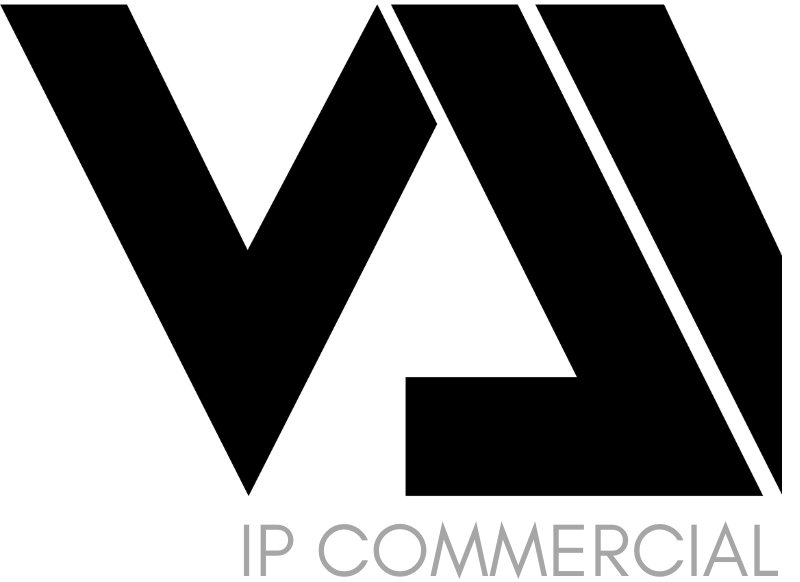Did you know that it’s an offence for a person or company to publish or cause to be published any unfair statement in any commercial advertisement? If you didn’t know, you do now!
There is one little legislation in Papua New Guinea that covers unfair statements in advertisements which is called Commercial Advertisement (Protection of the Public) Act Chapter 352. I don’t think this Act gets much attention but the fact of the matter is, it’s a legislation that protects consumers.
Unfair Statement under this Act means a statement or representation contained in an advertisement that is untrue or inaccurate or misleading or mis-representative or unreasonable in describing the size, quality, quantity or nature of goods or services in a material particular or a material way.
Here are a couple of well-known examples (not in PNG):
- “Lasts Even Longer” – This was a phrase used in the packaging of Duracell’s battery products. Duracell got sued in US by customers claiming that the companies were engaging in deceptive marketing and misleading facts. In short, the concerned Duracell products were more expensive than regular batteries but did not in fact provide longer life than regular alkaline batteries.
- The makers of the popular Nutella spread got sued for misleading advertising too. They claimed in their advertising campaign that Nutella is healthier than actually is and it “was a good for you treat.” Ferrero, Nutella’s maker has had to pay a substantial amount to consumers for the misleading statement!
Papua New Guinea doesn’t have an extensive legislation that covers this area but nonetheless a law is in place to protect consumers and the principle on misleading advertising is the same.
For advertisers, there are grounds for defence against claims for unfair statements under the Act. These are:
- the statement or representation complained of is not an unfair statement
- that the statement was not likely to deceive or mislead the complainant
There are also a class or category of people who are excused from the prohibition of unfair statements in commercial advertisements. These are:
- an owner, publisher or printer of any newspaper, publication, periodical or circular
- an owner of any radio or television station
- advertising agent
- newsagent or bookseller
- a servant, employee or agent of any of the persons referred to above
Please note that the above is only for information purposes and should not be considered as legal advice. If you have any questions, please contact us at [email protected]

